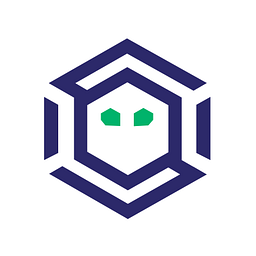Hi All,
I am contemplating adding some form of vulnerability monitoring to my mix. Nessus comes to mind.
a) Do these vulnerability monitoring programs detect things posted on sites like exploit-db ? If not, then they are useless in my mind.
b) If they do find vulnerabilities found on hacker sites, then what do we do with the knowledge? Some maybe blockable at the firewall. But with no security team, I can't write signatures for these vulnerabilities for my ipfire snort guardian. What can be done?
I am contemplating adding some form of vulnerability monitoring to my mix. Nessus comes to mind.
a) Do these vulnerability monitoring programs detect things posted on sites like exploit-db ? If not, then they are useless in my mind.
b) If they do find vulnerabilities found on hacker sites, then what do we do with the knowledge? Some maybe blockable at the firewall. But with no security team, I can't write signatures for these vulnerabilities for my ipfire snort guardian. What can be done?
